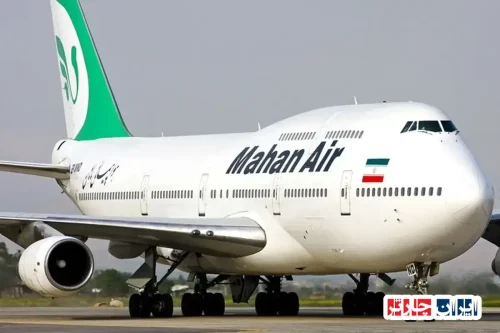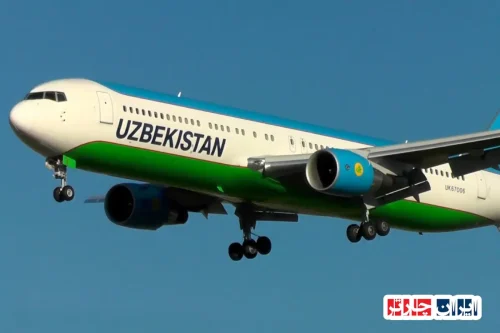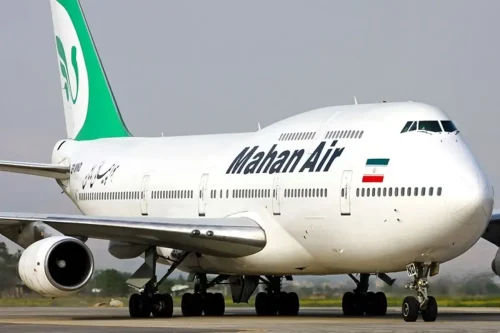The First Step in Your Flight Journey: How to Start Searching Smartly
Beginning your search for flight tickets requires a smart approach to find the best options. The first step in planning your air travel is to determine your destination and desired travel dates. Utilize online flight search engines and comparison websites, which aggregate fares from numerous airlines and travel agencies. These platforms allow you to easily input your criteria and get an overview of available flights. Familiarizing yourself with the layout and filtering options on these sites is crucial for efficiently sifting through results to find flights that match your initial needs for your upcoming trip.
Factors Influencing Flight Ticket Prices: Why Fares Fluctuate and When to Buy
Understanding why flight prices change is key to securing cheaper fares. Numerous factors influence ticket costs, including the time remaining until departure, the travel season (peak vs. off-peak), the specific day and time of the flight, and major holidays or events. Airlines use dynamic pricing models, meaning rates can change rapidly based on demand and availability. Generally, booking well in advance, often several months out for popular routes or peak seasons, can lead to better prices. Being flexible with your travel dates and keeping an eye on price trends are effective strategies to potentially lower the cost of your flight tickets.
Understanding Ticket Types and Flight Classes: Choosing Based on Your Budget and Style
When booking flights, you’ll encounter different ticket types and cabin classes, each catering to various budgets and travel preferences. Common ticket types include standard (system) fares, which offer more flexibility regarding changes or cancellations, and potentially cheaper charter or last-minute deals, though these often come with stricter restrictions. Flight classes typically range from Economy (most affordable, standard service) to Business and First Class (offering enhanced comfort, amenities, and services). Understanding the differences in terms of cost, luggage allowance, seating comfort, and onboard services helps you select the ticket and class that best aligns with your travel style and priorities.
Beyond the Price: Important Online Booking Details – Baggage, Cancellation, and Changes
While the ticket price is a primary concern, crucial details often lie in the fine print of online bookings. It’s vital to carefully review the airline’s rules regarding baggage allowance for both checked and carry-on luggage, as these vary significantly between carriers and fare types. Furthermore, understand the terms related to flight cancellations or changes. Familiarize yourself with potential penalties or fees for altering your travel plans, as these can sometimes outweigh the initial ticket cost savings. Reading the full terms and conditions provided by both the airline and the online travel agency before finalizing your purchase can prevent unexpected issues and costs later on.
Tips and Common Mistakes: How to Book Safely, Cheaper, and Hassle-Free
Booking flights effectively involves more than just finding the lowest price; it’s about securing a safe and smooth experience. Utilize tools like price calendars or flexible date searches to visualize fare variations across different days. Being open to slightly different departure or arrival times, or even considering alternative airports nearby if applicable, can often lead to significant savings. Be cautious of unusually low prices on unfamiliar websites; always book through reputable airlines or established online travel agencies. Finally, double-check all passenger details, flight times, and dates before making the payment, and ensure you receive a formal booking confirmation after purchase to guarantee your seat.

FAQ
When is the best time to book a flight to get the cheapest price?
Prices often fluctuate, but generally booking 1 to 3 months in advance for international flights and 1 to 2 months for domestic ones can yield better prices. Avoid booking too early or waiting until the last minute.
How can I find the most affordable flight options?
Use flight comparison websites (like Google Flights, Skyscanner, Kayak) to compare prices across different airlines and dates. Be flexible with your travel dates, times, and even nearby airports.
Is it better to book flights directly with the airline or through third-party websites?
Booking directly with the airline often provides easier management of your booking, better support for changes or cancellations, and direct communication. Third-party sites might sometimes show slightly lower initial prices but dealing with issues can be more complex.
How important is flexibility with dates and times when looking for cheap flights?
Flexibility is key. Flying on Tuesdays or Wednesdays is often cheaper than weekends. Shifting your dates by a day or two can sometimes result in significant savings.
Should I book a one-way ticket or a round trip ticket?
For international travel, booking a round trip is usually cheaper than two separate one-way tickets on the same airline. However, for complex itineraries or if you’re not sure of your return date, one-way might be necessary. Always compare prices for both options.
What is the difference between direct, non-stop, and connecting flights?
A non-stop flight goes from point A to point B without any stops. A direct flight stops at least once but you don’t change planes (this is less common now). A connecting flight involves at least one stop and you change planes.
How does the time of year or season impact flight prices?
Prices are significantly higher during peak travel seasons (like summer holidays, Christmas, New Year, or major events) due to high demand. Traveling during the shoulder seasons (spring and fall in many destinations) or the low season can offer lower prices.
What should I check regarding baggage allowance before buying a ticket?
Always check the airline’s specific baggage policy for your fare class before booking. Policies vary greatly regarding the number, size, and weight of checked bags and carry-on items. Budget airlines often charge extra for all luggage beyond a small personal item.
What is the typical policy if I need to change or cancel my flight?
Cancellation and change policies depend heavily on the fare rules associated with your ticket. Cheaper economy fares are often non-refundable and changes may incur substantial fees. More expensive tickets (like flexible economy, business, or first class) usually offer more flexibility, sometimes allowing free changes or refunds (minus a fee).
Does searching for a flight multiple times make the price go up?
This is largely a myth. Flight prices change frequently based on demand, availability, time of day, and complex algorithms, not typically because a single user searched for the route repeatedly. Clearing cookies or using incognito mode is unlikely to affect the base price you see, though it might affect personalized offers on some sites.













